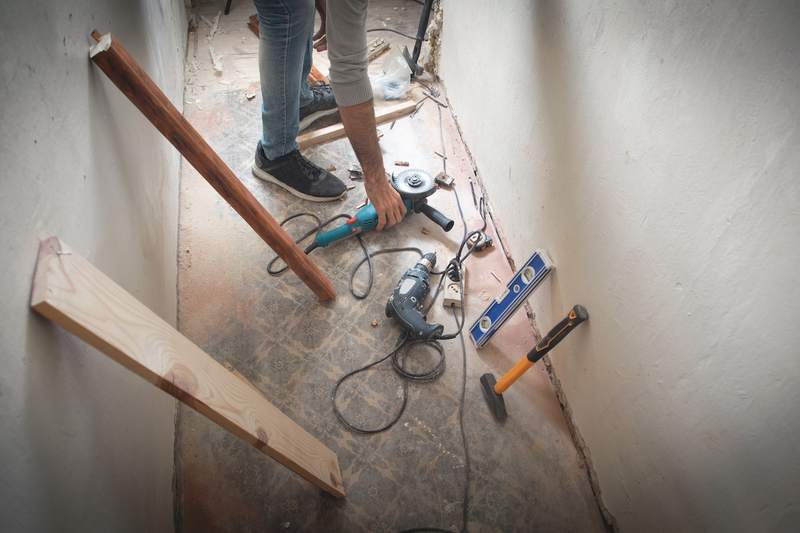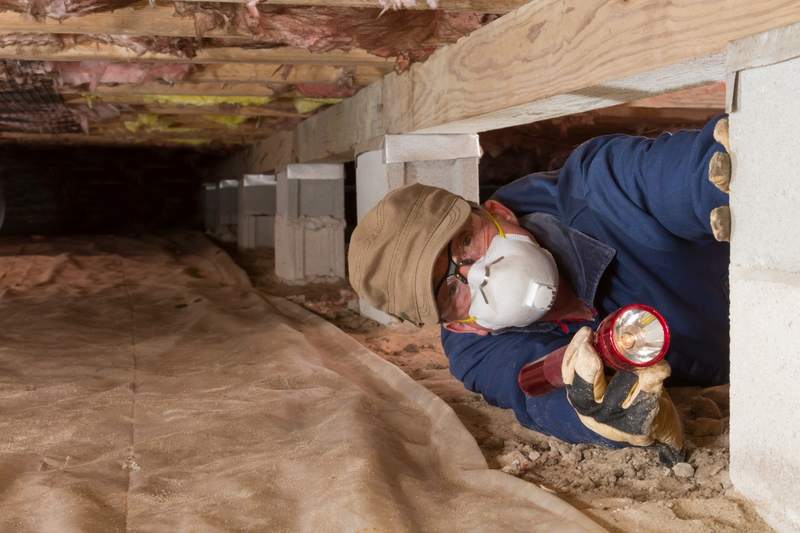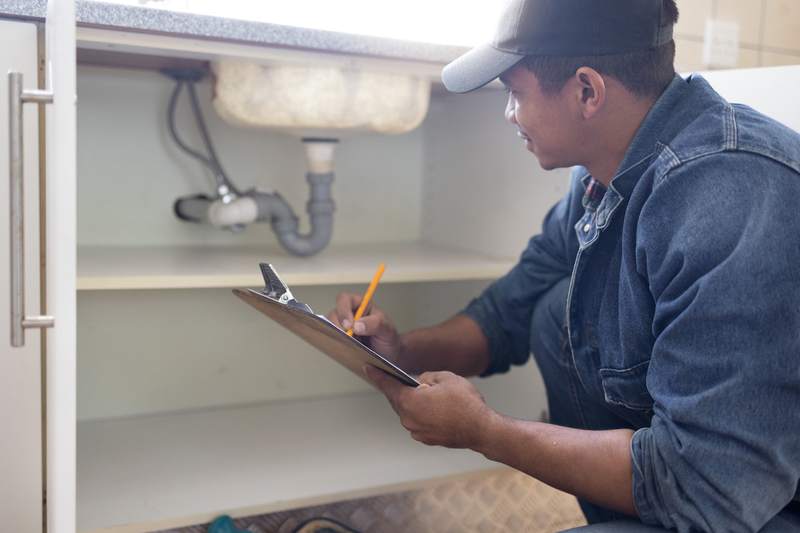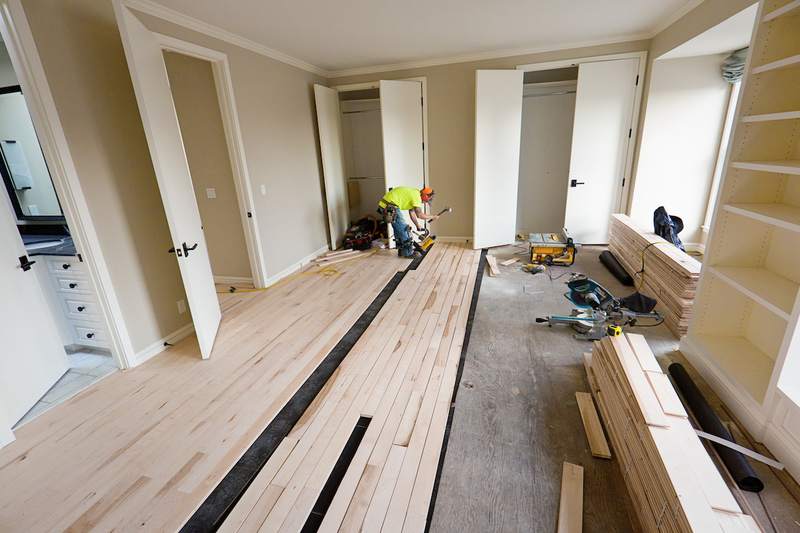
First-time homebuyers facing a market with low inventory and high prices may want to expand their search to include fixer-uppers. It’s important to know the pros and cons of buying a home that needs renovations or repairs before committing to buying a fixer-upper.
The Pros and Cons of Buying a Fixer-Upper
Before making a major decision like buying a fixer-upper, make sure you’ve weighed the benefits and the pitfalls.
Advantages of buying a fixer-upper
Here are some of the benefits of buying and fixing up a home that needs repairs and renovations:
- Fixer-uppers tend to be cheaper than turnkey homes, allowing you to buy now and start building home equity.
- You can customize the upgrades and renovations to fit your specific needs and preferences.
- Mortgages are available that let you both buy the home and pay for renovations.
- The improvements you make may increase the value of your home significantly, building equity that you can borrow or convert to profit when you sell the home.
- Cosmetic renovations — such as fresh paint, drywall repairs, or floor refinishing — often cost less than what they return in market value.
- Making an offer on a fixer-upper may be less stressful because such homes usually attract fewer bidders and let you avoid bidding wars.
Drawbacks of buying a fixer-upper
Owning a home that needs a lot of work also brings inconveniences and problems to solve, such as:
- It’s common when making repairs or renovations to find that the work required is more extensive than expected, which also means it will be more expensive.
- The cost of buying the home plus paying for renovations may not save you any money over buying a turnkey property.
- Having contractors and equipment coming in and out of your home can be stressful. Not only will people have access to your home, but it likely will be covered in dust and tarps for weeks.
- It may take more effort to find a mortgage lender that is willing to work with fixer-uppers because homes in need of a certain level of repairs do not qualify for conventional loans.
Is Buying a Fixer-Upper Home Right for You?
Deciding whether you’re willing to take on the potential stress, financial responsibility, and time involved in buying a fixer-upper is an important consideration.
How much work can you do yourself?
Online tutorials can make complex projects seem simple, so you’ll want to realistically think about your ability to take on difficult projects. Anything you don’t take on yourself, you’ll need to pay someone to do for you, which means you’ll need that much more room in your budget.
Are you prepared for setbacks and delays?
Home renovations and repairs are not an exact science, so expect projects to cost more and take longer than you originally anticipate.
Can your budget handle unexpected surprises?
Since surprises are a given, it makes sense to be ready to pay for them. Remember, some surprises can be related to necessary parts of your home, such as the plumbing or air conditioning, which cannot be put off until you can afford them.











